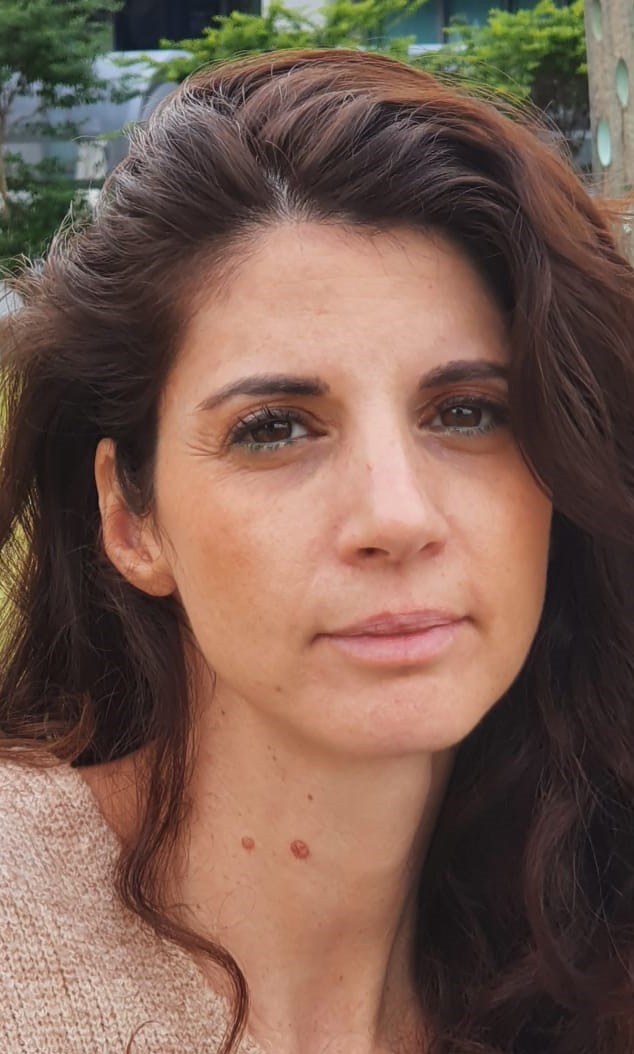Oh, the medical system. How we with chronic pain depend on it, and how we wish we didn’t have to. Sometimes it comes through for us; we get the right diagnosis, the right prescription – the right care. Too often, however, those are the expectations we carry into our appointments, only to leave feeling frustrated, angry, unseen, hopeless, or even violated. The need for better educated and more sensitive medical professionals is essential, as is our ability to measure our expectations of doctors and find support from other resources. A cultivation of our own inner strength, a good support network, therapists, and alternative healing methods round out our pain management program, so that we aren’t exclusively dependent on a medical system that is often unable to meet the full spectrum of our physical, psychological, and emotional needs and desires.
The divide between the medical system and patients
Even with an accurate diagnosis, which is more than many living with chronic pain receive, the trials and tribulations of navigating the medical system can be an exhausting and infuriating ordeal. Doctors often doubt the reality or severity of our pain, leaving us feeling invalidated or even doubting our own experience. When we seek pain relief through medication, we risk being labeled as substance seekers, sometimes instilling within us an unearned shame or causing us to avoid medication that could help us out of fear of stigma. If we are prescribed medication, it’s not uncommon to receive too high a dosage, too low a dosage, the wrong medication altogether, or a medication with side effects as bad or worse than the pain for which we sought treatment.
Time and again, we encounter medical professionals who may not fully believe us or are ill equipped to treat us: doctors who are unable or unwilling to give us a diagnosis, who refute other doctors’ diagnosis, and who tell us what our symptoms should or shouldn’t be, instead of listening to us when we tell them what they are. We can endure innumerable visits to countless specialists with dishearteningly unhelpful results, leaving us fatigued, confused, dismayed, and increasingly distrustful of a medical system that is supposed to, by its own mission statement, be helpful and reliable.
Losing confidence in the system
If we start off in our interactions with the medical system feeling trusting, we often end up doubtful. After repeated experiences of let down and mistreatment, our optimism and hope about receiving adequate care can shift to resentment of a system that failed us and a sense of discouragement about whether sensitive, compassionate care is even available. Through our seemingly endless search for effective health care, we can wind up susceptible to medical fatigue, losing the will to continue searching for the right doctors and treatments. Weary from appointments that are really disappointments, we can miss out on beneficial pain treatments that do exist, because we’re too exhausted to keep trying to find them.
Navigating the medical system can cause trauma
The experiences of invalidation, uncertainty, let down, and even abuse through the medical system can lead to medical trauma. In some cases, invasive procedures, negative interactions with insensitive or uneducated doctors, or failed treatments that increase our pain trigger fear any time we have to interact with the medical system. Where we’d like to be able to relax, knowing that we are being taken care of, we feel afraid and anxious. When we have had emotionally, psychologically, or even physically painful situations happen to us at the hands of medical professionals, even when they were acting in our best interests, a layer of fear and hurt is stacked on top of the chronic pain for which we initially sought treatment.
I received multiple inaccurate diagnoses and have undergone many invasive examinations, all of which have left me feeling no more certain about what is going on with my body, and with less trust in the medical system. The impact of these negative experiences has had an impact far beyond the scope of my physical health, contributing to a decrease in my mental health, and detrimentally affecting my social life and personal relationships. (Rebecca*, lives with chronic conditions and pain)
Trauma can live inside our bodies and minds, resulting in physical and emotional tension that increases our physical pain levels and adds psychological pain. In some cases, a negative medical experience can even result in post traumatic stress disorder (PTSD), anxiety, and depression.
Expanding our treatment resources
The wide array of problematic experiences that we may encounter when trying to seek treatment for our chronic pain make it very clear that we cannot place all our healing eggs in the medical system basket.
“Given some of the poor treatment I’ve received from an imperfect medical system, and the distress this has added on top of my existing pain and conditions, I’ve recognized the importance of seeking help from other people and places. I’ve had to find ways to center myself when doctors have let me down, and stay open minded to receiving care from those who see me, given all the experiences I’ve had where I felt invisible.” (Rebecca*)
As awareness of the limitations of the medical system have grown, so too has the development of beneficial supplementary healing resources. There is so much for us to gain from developing our ability to listen to and trust ourselves when it comes to navigating our own health. Our appointments with doctors may last a few minutes, but we spend all of our time in our minds and bodies – and that makes us the leading experts on our experiences and needs. Nobody can more appropriately advocate for us than ourselves, even if it does require an investment of energy that can sometimes feel hard to muster.
It can be of great benefit to explore alternative healing options, experiment with spiritual practice, invest in psychotherapy, find support groups, and lean on the loving family and friends we have around us. None of these replace our need for adequate medical care and better trained physicians, but they can provide additional support that reminds us that we are the managers of our lives and that there are still places for us to turn when medical doctors can’t address our needs. The limitations of the medical system to treat our chronic pain doesn’t have to mean living a life without options for the betterment of our quality of living.
* Name changed to protect anonymity





